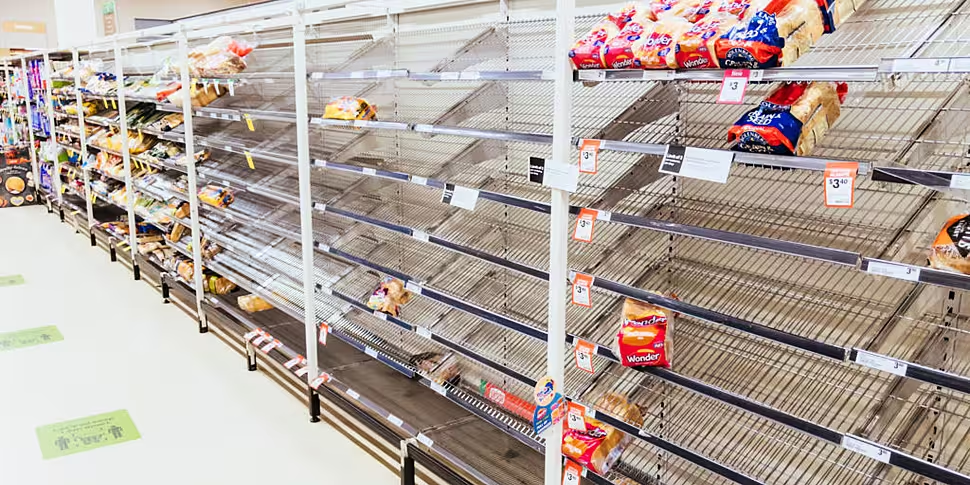The six-week coronavirus lockdown in the Australian city of Melbourne is "just like the lockdown we had", according to Professor Luke O'Neill.
He was speaking as citizens of Australia's second largest city for prepares for another month of strict measures, after a full lockdown was announced earlier in July.
Latest daily figures show Victoria - the state Melbourne is in - recording a record 317 cases.
Professor O'Neill told The Pat Kenny Show that the situation in the city is something "nobody wants to go back to".
He said: "It's just like the lockdown we had.
"It's slightly looser - hairdressers are allowed stay open... golf and tennis is allowed, other sports aren't... they're allowing people to meet someone if they're in an intimate relationship with them. In classic Australian way, they've said there's no 'bonk ban'.
"So there's slight differences, but I'd say it's 90% the same as what we went through.
"Can you imagine if in Dublin we're told a six-week lockdown almost as punishing as the one we had? That would cause consternation."
He said Melbourne was seeing so many clusters that tracking and tracing teams "couldn't keep up".
He explained: "They had to decide the best thing to do was to shut the place down. Sadly, pubs and nightclubs featured in some of those clusters."
Pressure on Sydney
Professor O'Neill said there's also pressure on Sydney to lock down, although officials there are saying the situation isn't quite as bad as in Melbourne.
He noted: "They're using what they're calling hard 'ring-fencing' there, interestingly: if there is a cluster in a region, they'll lock that part down and keep a very close eye on it.
"They're saying if you 'don't put your face masks on, we could end up locking down like Melbourne'... they're using Melbourne as another example of what not to do. Sydney are watching Melbourne very closely."
Earlier this week, Tánaiste Leo Varadkar pointed to Australia as an example of a country where mandatory quarantine for new arrivals turned out to be a 'bit of a disaster'.
Professor O'Neill said 60 cases there were attached to two of the hotels where people were being kept in isolation after arriving in the country.
He explained: "A security guard working in the hotel picked up the infection, went home and began infecting other people.
"They did their best to contain it... but there you have an example of quarantine not working.
"You might quarantine people... you can't keep it absolutely watertight."









